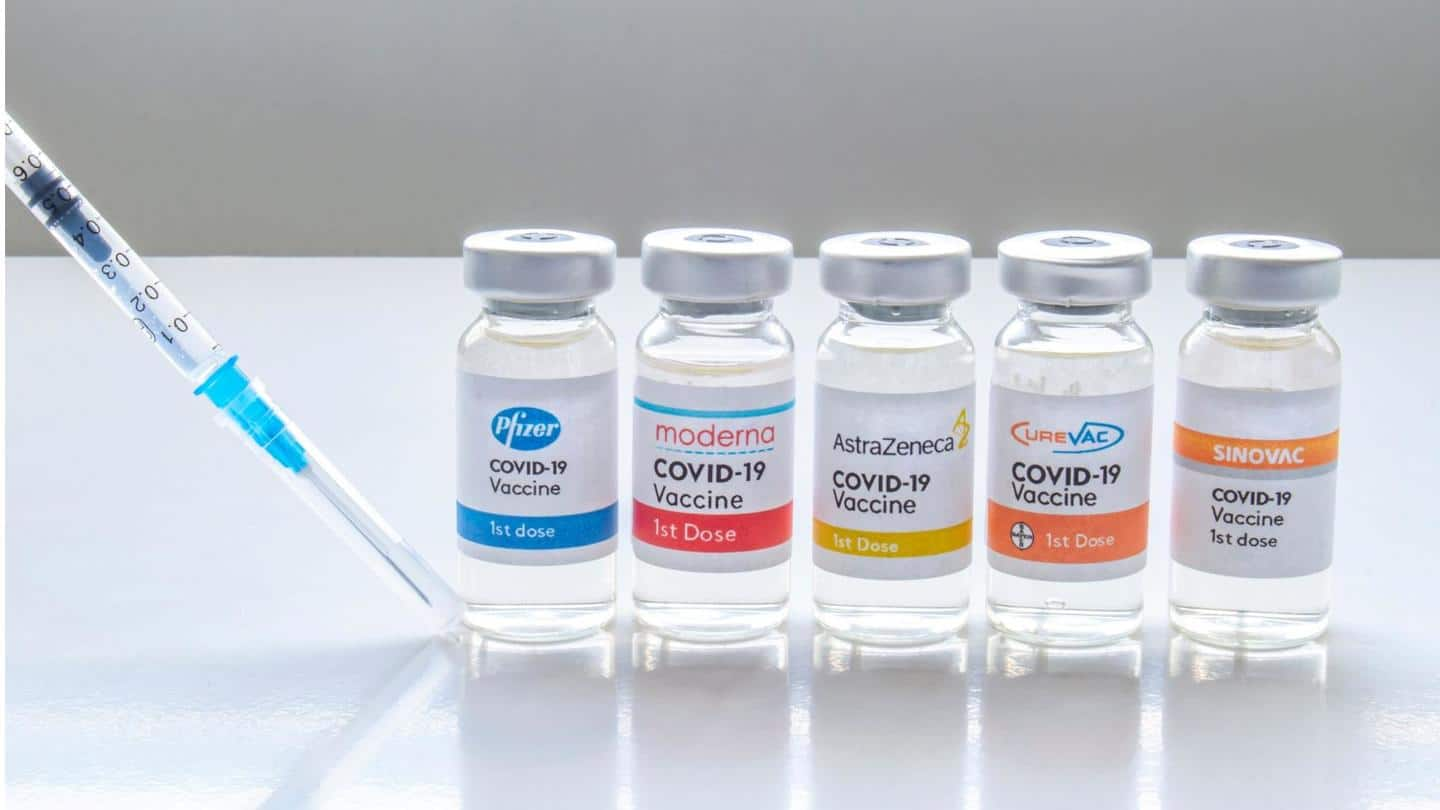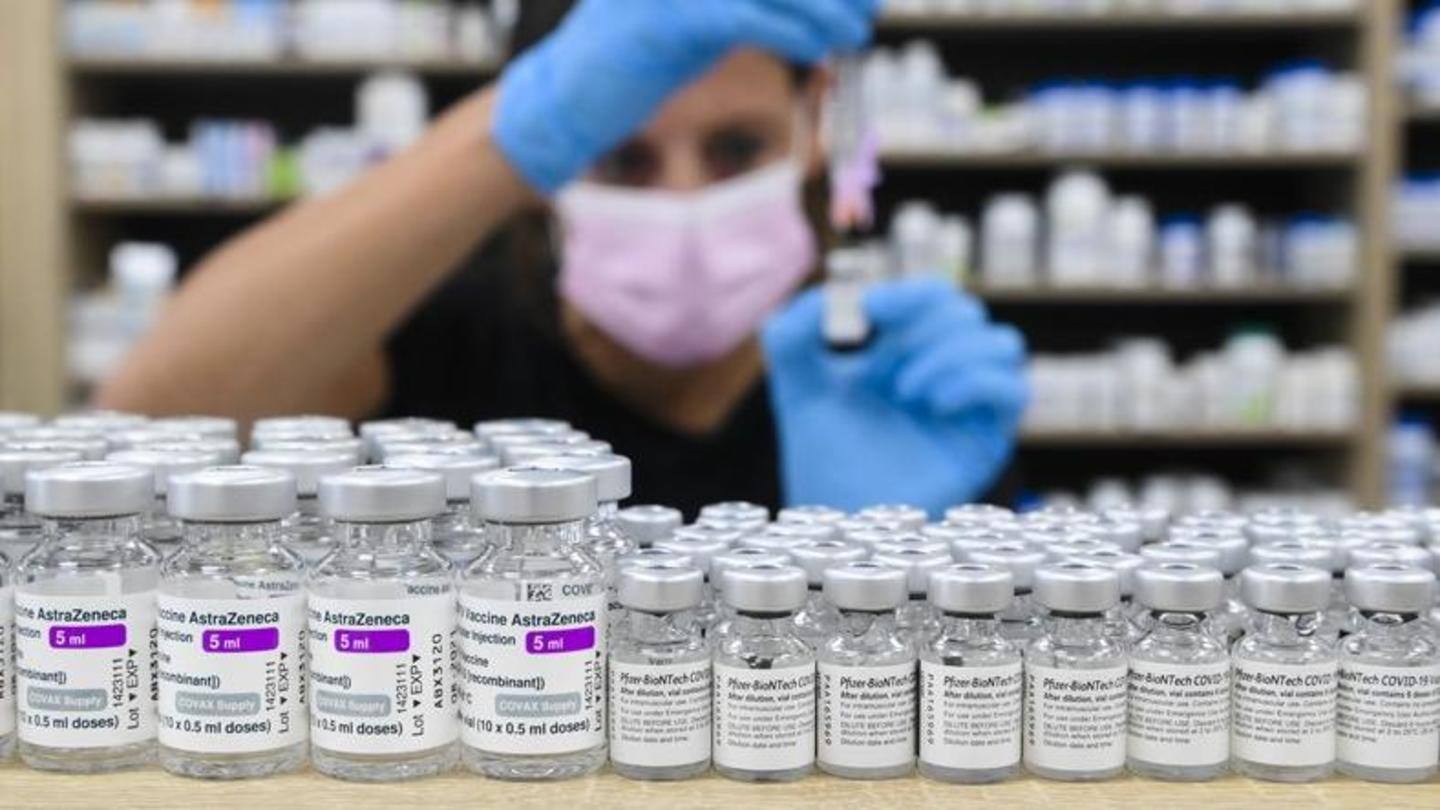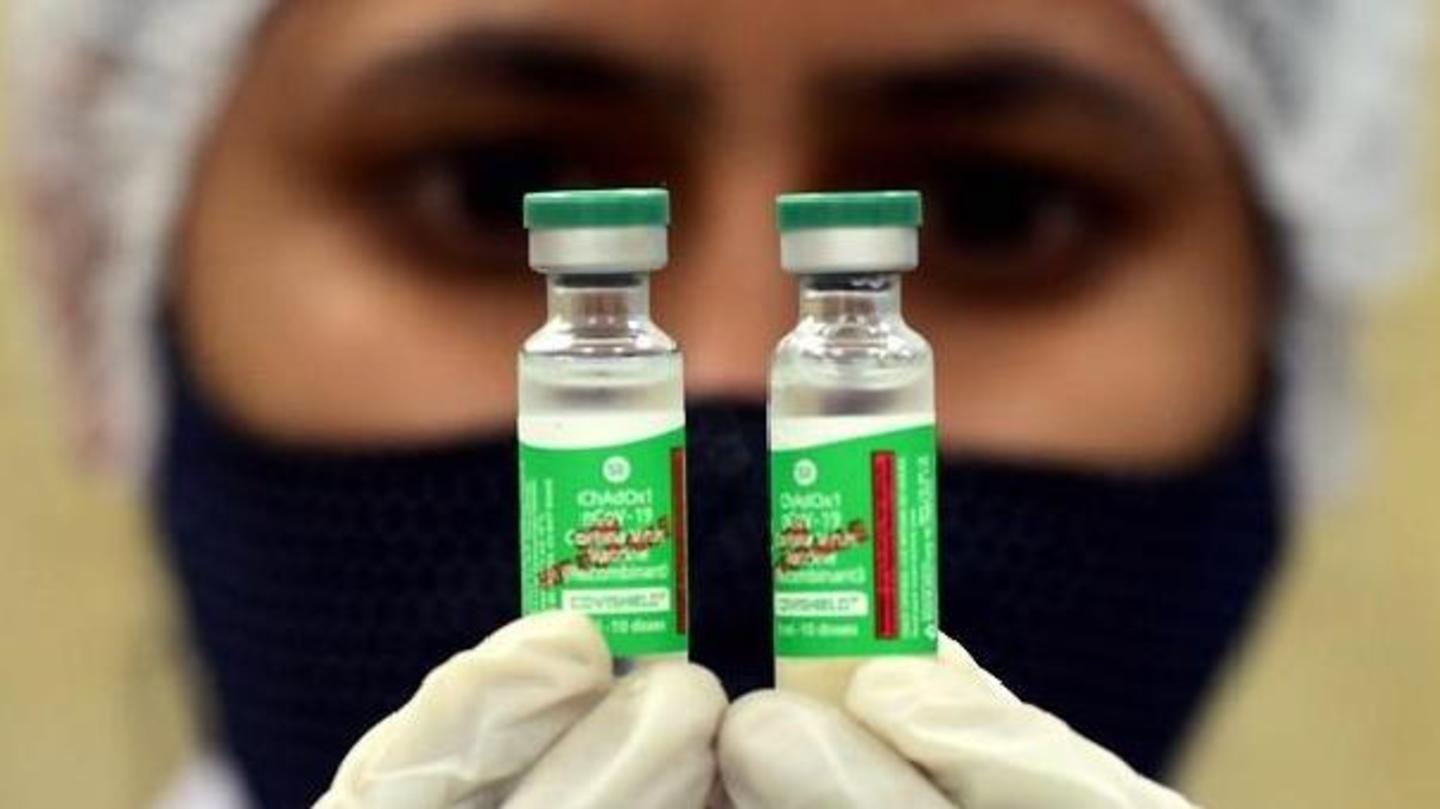Mix-and-match COVID-19 vaccines: What do studies say?

In most coronavirus vaccination regimes, two doses of the same brand are given a few weeks apart. But that scenario is now changing as scientists have encouraged the mixing of two different COVID-19 jabs for several reasons. The practice is being seen as beneficial, especially at a time when there are safety concerns over some jabs and supplies remain uneven in many countries.
Why do we need the practice in the first place?
This practice is not simply about achieving greater efficacy. Several nations have experimented with it when supplies of a particular shot ran out and there was no other way but to use another jab. Some others used it after safety concerns emerged over a vaccine. For example, when it was discovered that AstraZeneca's vaccine could lead to rare blood clots in recipients.
'One and one makes three'
Combining different brands of vaccines is nothing new. Scientists have, in the past, used the regime to treat various diseases, including the Ebola virus. "The argument is that one and one makes three," said John Moore, a top virologist. "How well that argument holds up in practice in the COVID-19 area is going to need to be judged by the actual data."
What does the data suggest?

Several studies are underway to determine the safety and efficacy of the practice. Recently, researchers at the University of Oxford found in a trial that giving a dose of the Pfizer vaccine four weeks after a shot of AstraZeneca's produces greater immune response compared to two doses of AstraZeneca. Earlier, a Spanish study found mixing AstraZeneca and Pfizer vaccines produced a "potent immune response."
What is the logic behind the practice?
Similar studies are also underway in the United States and Russia. The logic behind the practice is simple - Different vaccine brands trigger slightly different parts of the immune system. In other words, they teach the immune system to recognize different parts of a virus.
Is it safe, though?

Initial data from the Oxford study cited here suggests that mixing different vaccines may increase the chances of mild and moderate side effects, such as fever and fatigue. However, most of those side effects are short-lived and usually go away within 48 hours. Greater side effects could also possibly be a sign of stronger immune response, researchers said.
'New risks unlikely with a tried-and-tested approach'
Scientists are rooting for the practice's safety. "As we've learned in 18 months of COVID-19 shocks, never say never, but it's really hard to rationalize any new risk associated with what is really a basic, tried and tested...approach," an immunologist at Imperial College London said.
How does India see it?

Closer home, the Indian government said it would study the safety and efficacy of mixing various combinations of COVID-19 vaccines. The results of that study would be out in the next few months, it said. Several countries, including Germany and Italy, have already allowed people to take two different coronavirus vaccines. Angela Merkel, the Chancellor of Germany, has also received two separate jabs.
'Fighting variants possible by mixing COVID-19 vaccines'
"Fighting more infectious variants like Delta Plus and Delta is possible through mixing two different COVID-19 vaccines. However, more data is required before a final approval is given to combine two vaccines," AIIMS-Delhi chief Dr. Randeep Guleria said recently.
